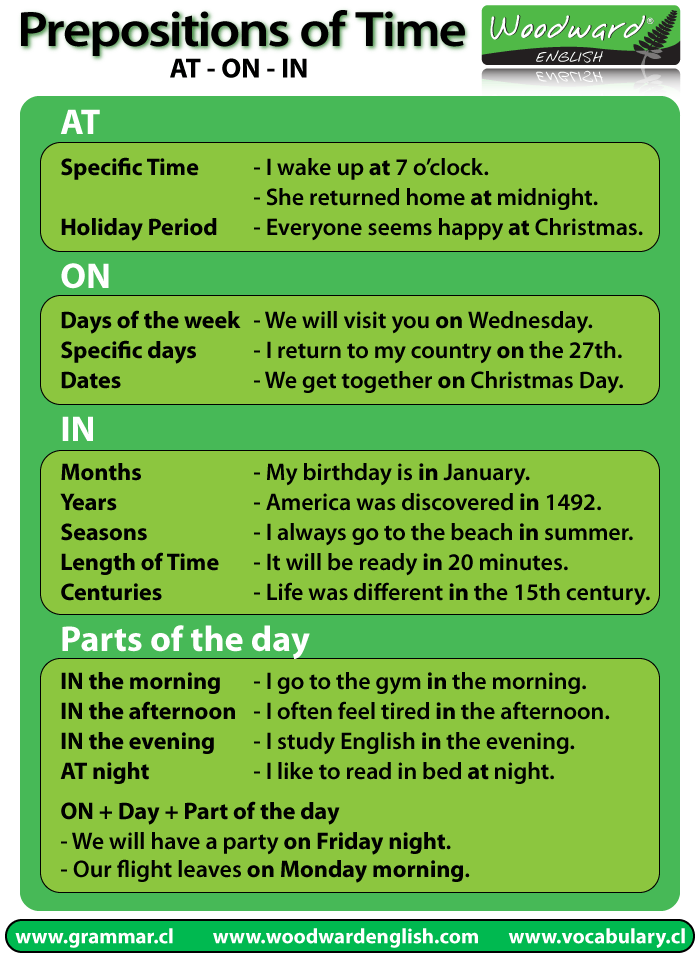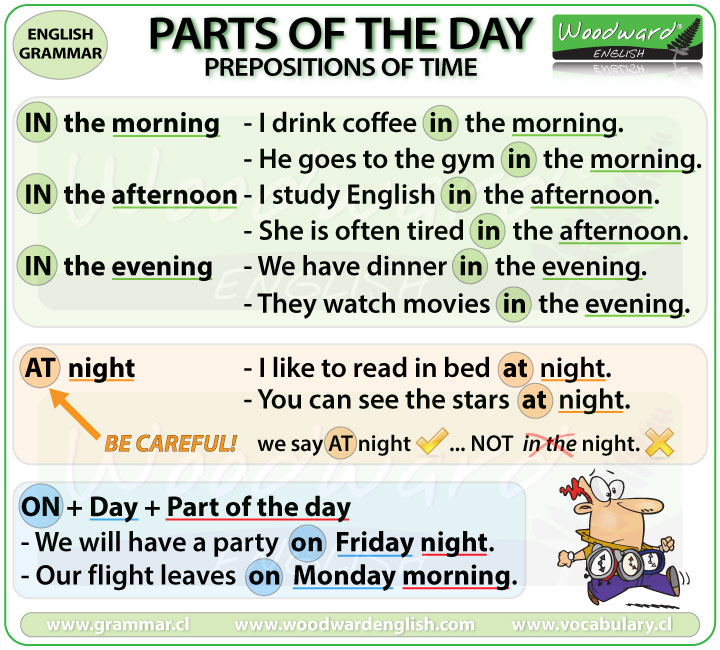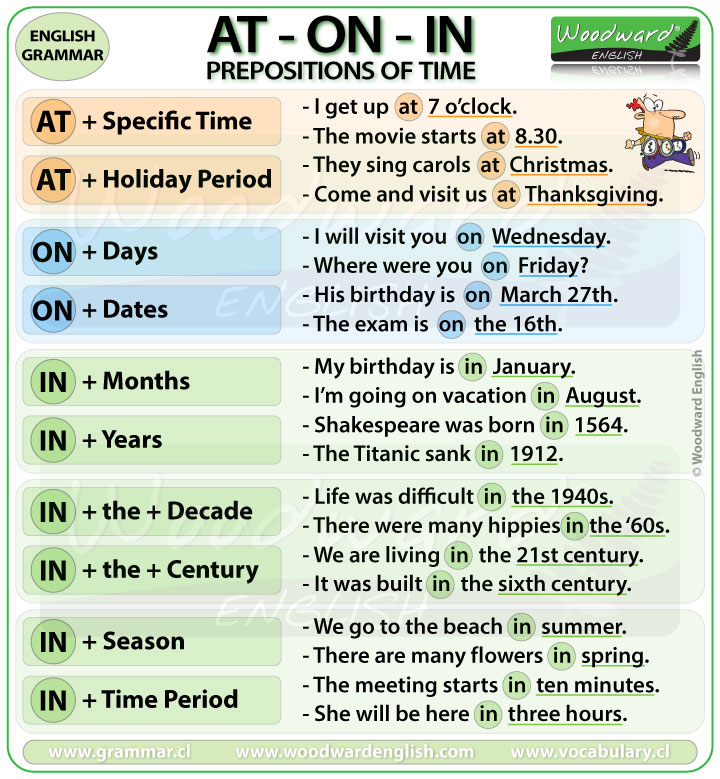CRITERIOS DE EVALUACIÓN PARA LA CLASE INGLÉS I (SEGUNDO Y TERCERO PARCIAL)
Los criterios de evaluación para el primer cuatrimestre, modo escolarizado de UVA campus Saltillo en la asignatura de inglés I para alumnos de primer cuatrimestre modo escolarizado son los siguientes:
EXAMEN PARCIAL = 40%
PARTICIPACIÓN = 10%
TRABAJO EN CLASE = 20%
PROYECTO O EXAMEN ORAL = 20%
TAREAS O ASIGNACIONES DOMÉSTICAS = 10%
NOTA: Si tuviste más de 3 asistencias eso representa un detrimento en tu evaluación, porque después de 5 faltas cada inasistencia representa de tres hasta 6 décimas de punto de tu promedio de parcial.
CRITERIO EN MATERIA DE FALTAS Y RETARDOS.
LA TOLERANCIA DE RETARDOS O DEMORAS DE ASISTENCIA son 3 veces, a partir del tercer retardo se convierte inmediatamente en una falta.
La tolerancia de faltas para tener derecho al examen parcial o mensual es de 5 faltas, al rebasar ese número su derecho a la prueba se anula por completo perdiendo así la oportunidad de cumplir con el 40% de su evaluación parcial.
|
PUEDES
|
NO PUEDES
|
EXAMEN MENSUAL (PARCIAL)
|
Faltar 5 veces
|
6 o más faltas
|
EXAMEN FINAL
|
15 insasistencias máximo
|
16
|
EXAMEN EXTRAORDINARIO
|
16 – 20 inasistencias máximo
|
21
|
EXAMEN DE TITULO DE INSUFICIENCIA
|
21 - 25 inasistencias
|
26
|
RECURSAR
|
26 inasistencias o más
|
|



